Learning from one another is what BoldJourney is all about. Below, we’ve shared stories and insights from phenomenal artists, creatives and entrepreneurs who’ve successfully managed to overcome imposter syndrome.
Paul Colman

I have not completely overcome imposter syndrome but I have travelled a long way from where I first became aware that this was a deep seated issue for me. There are many things that have helped me. The most fundamental changes have happened in reference to my identity and value. I began accepting love, initially mostly in faith. Receiving love has been the deepest agent of change. Read More>>
Pau Sanchez Lao
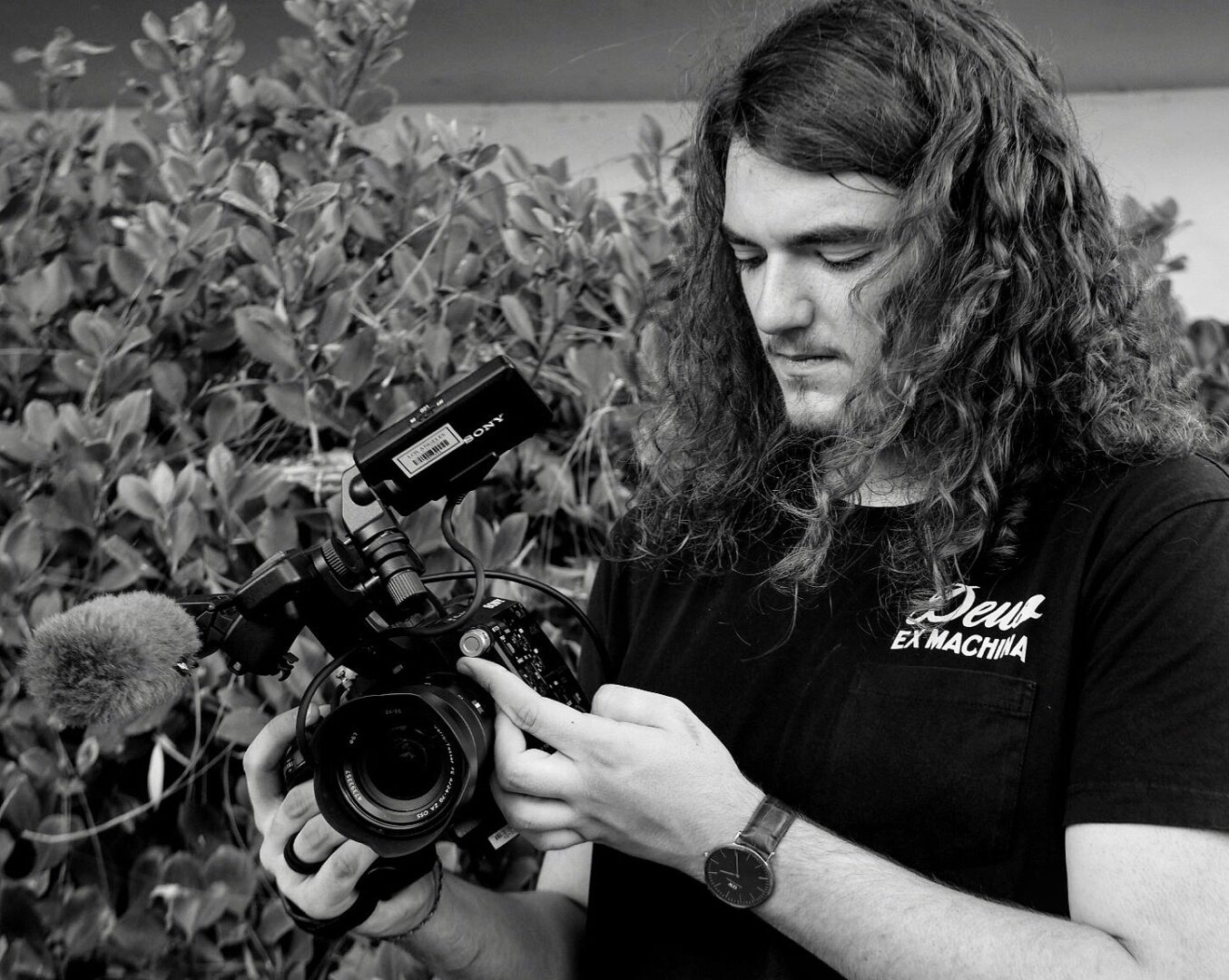
I’m not sure I’ve fully overcome it—I don’t think many creatives really do. Honestly, I feel like unless you’re overconfident, narcissistic, or just not paying attention, you’ll face it at some point. What matters isn’t whether it shows up, but whether it stops you from creating. Read More>>
Songyu Liu
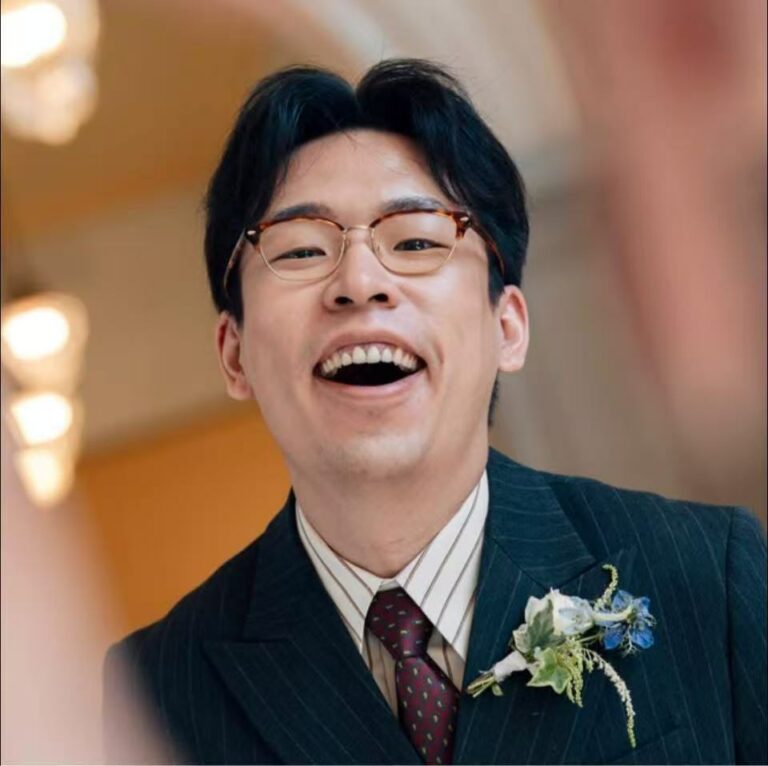
As a concept artist, I’ve always felt this pressure to be original — like every design has to be completely fresh. But the truth is, design and taste come from what we’ve seen and experienced, so reusing elements sometimes just happens. Read More>>
Eric Huskisson

I still struggle with this syndrome but I am a lot better with it than I was. It seems like longer but I’ve only been making films in the Indie film world for 13 years. That seems like a long time but I’ve only worked on a handful of films. I’m a lot more comfortable when I’m called a producer than when I’m referenced as a director, writer, or actor. With these talents it all boils down to personal experience and my confidence within myself. Read More>>
Tianna Manon
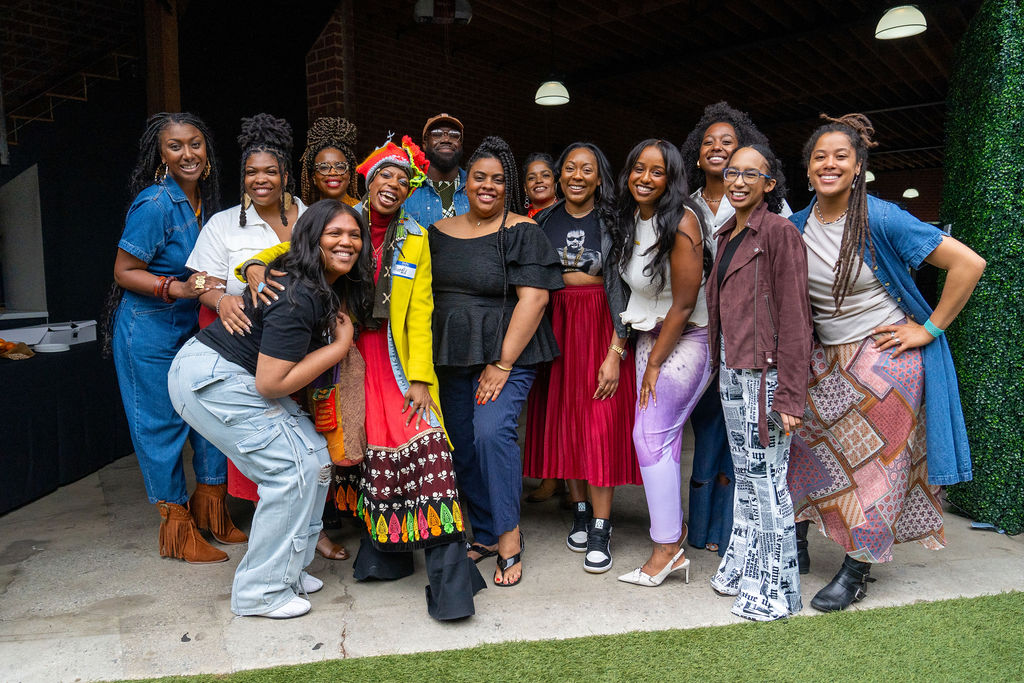
Imposter syndrome is such an interesting term. The idea that you’re in a space and you feel like an imposter because you shouldn’t be there. But the only person saying you shouldn’t be there is…you. You’ve already been selected for this space. You clearly belong.
I’d like to discuss this from a two-fold approach: 1.) how it holds you back from everything you’re destined for and 2.) How you actually don’t need to fully “overcome” imposter syndrome to be great. In fact, most truly amazing people you look up to feel this every so often. It’s just as normal as nerves, anxiety and excitement. Read More>>
Dave Burgess

That’s such a great question, because I think everyone suffers from that at one time or another. I didn’t overcome imposter syndrome in any specific moment. It’s really more of an ongoing process of learning to recognize it and work through it. For me, I can remember the first time I was presenting a coach education webinar for USA Triathlon. It was a live event, and all the self-doubt, and questioning what I was doing, was running through my mind. Read More>>
Latoya Braswell
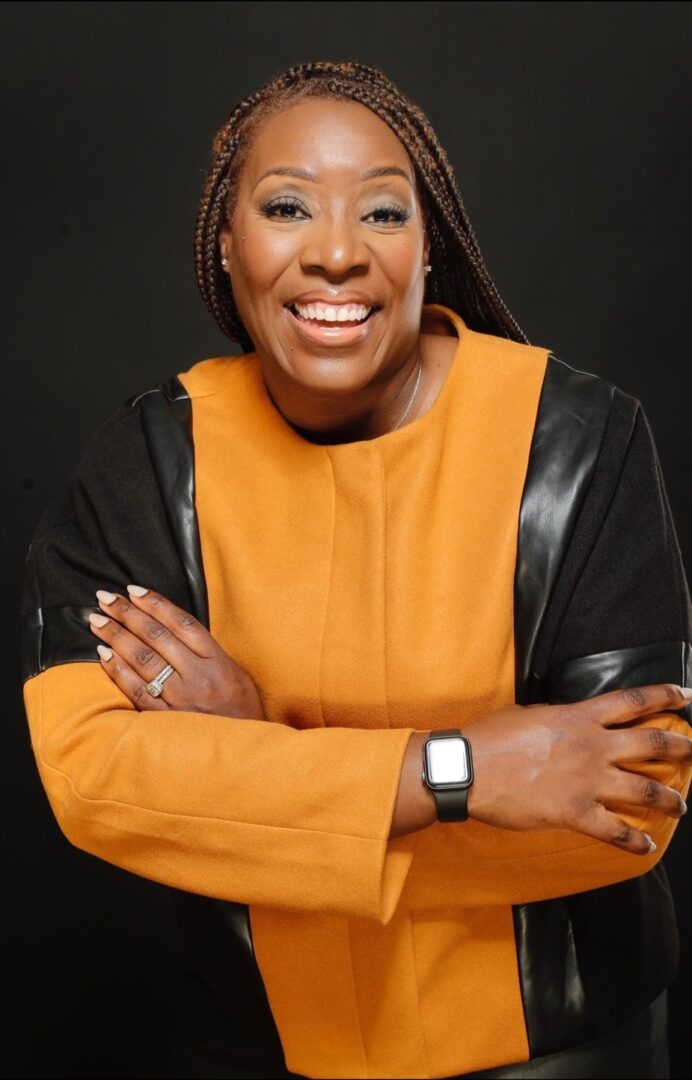
Overcoming imposter syndrome oftern involves a combination of self-reflection, seeking support, and validating one’s own experiences and achievements. While I do not have specific strategies in how I overcame imposter syndrome, I do know that the first step I took was to acknowledge and understand how I was feeling while I was in my situation. I had to recognize that there was this overwhelming feeling of self-doubt after I experienced the trauma of abuse. Read More>>
Heather Nichols

No matter how long I’m in this business, sometimes I (like many others) suffer from imposter syndrome. I certainly did when I first started teaching voiceover, wondering “who am I to teach others when I still have so much to learn?” But with some encouragement from several people in my life, I started mapping out what I would discuss in a class setting, I quickly realized I knew more than I realized! Read More>>
Julie Rhodes

As an actor, I’ve always struggled with imposter syndrome, yet the irony is I’m paid to be an “imposter” whenever I book a gig. I’ve trained to take on the fears, struggles and insecurities of the characters written on a page, but then resist these feelings in the rest of my job. The acting profession is one of 98% rejection, so you’re naturally going to question if you belong in this career. Read More>>
Juan Torres
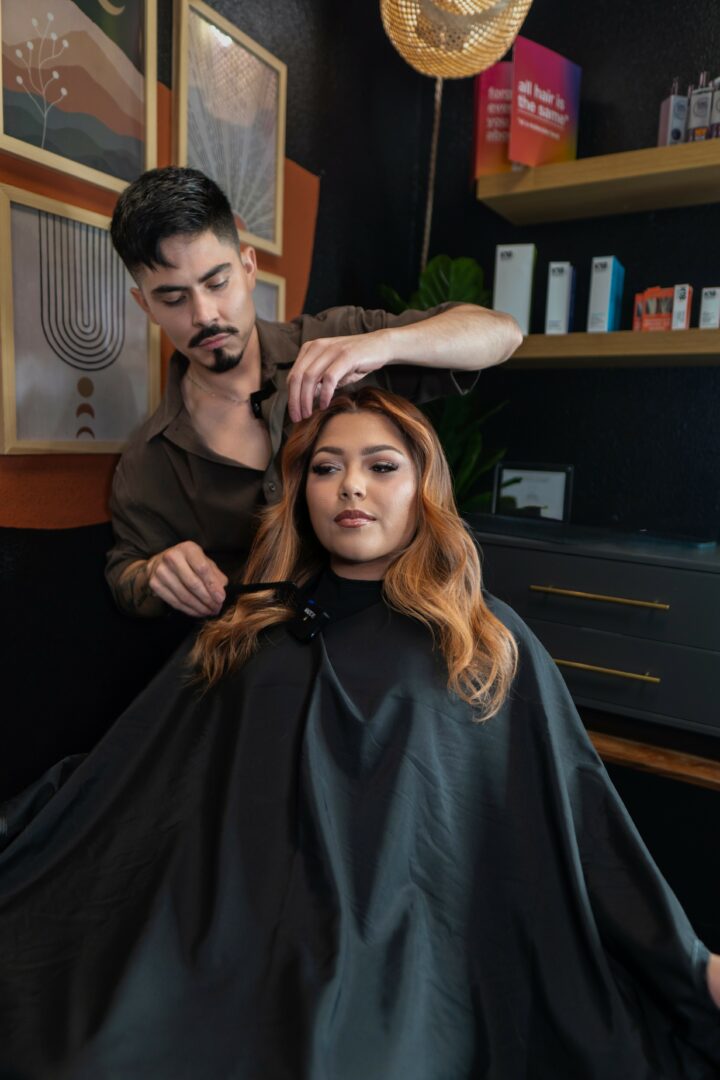
Imposter syndrome first showed up for me back in beauty school in El Paso, where I often felt nervous about speaking English and would shy away from it whenever I could. After finishing school, I started apprenticing, and that’s when I realized that practice and support were key. My mentor, clients, and friends were incredibly encouraging, and the more I practiced speaking, the more confident I became. Read More>>
Keianna Springer

Imposter syndrome showed up for me when I realized I didn’t have a big platform or thousands of followers, but I still had something real to say and something valuable to teach. I’m a licensed nail tech and educator, but when I started investing in advanced education, I questioned if I even belonged in some of those rooms. I wondered, “Who’s going to listen to me?” or “Am I doing too much?” Read More>>
Antwon Duncan-Milczewski
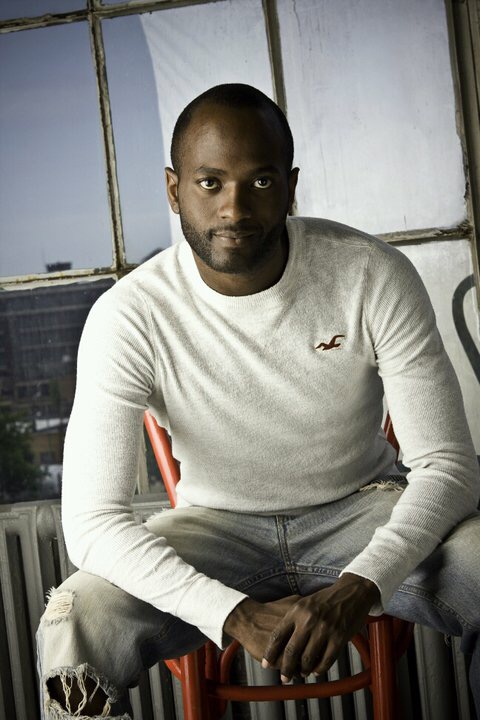
This was a challenge for me that still feels like I am overcoming in some ways, though the battle has been won quite a while ago, the scars still feel fresh somehow. I looked at all parts of myself, the good, the bad, and the conflicting, vetting it through the lens of what others told me I was and needed to be, and then I did what I felt like was the only right decision. Own all of me. Live authentically in all aspects of who I am and ultimately allow God to be the one to prune the branches. Read More>>
Joshaun Anderson
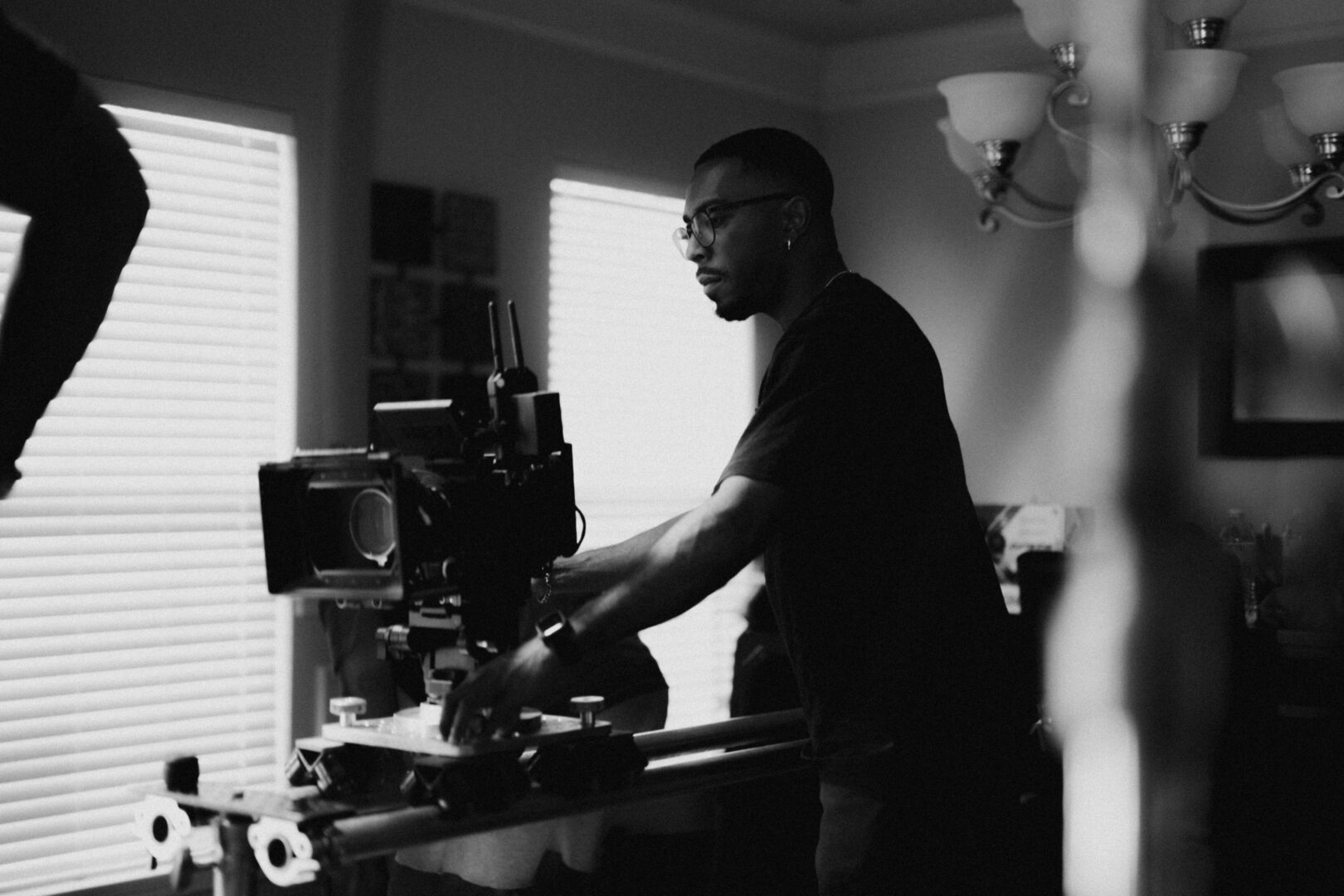
It was my first job on set, and I was a PA for a feature film. I was highly motivated and eager to break into the industry, ready to absorb as much information and build as many connections as I could. At the time, I had been holding a camera for about five years and was working as a video director for a wedding studio company, so I wasn’t unfamiliar with gear or visual language. Still, being on a professional set for the first time brought its own kind of nerves — and that imposter voice was loud for the first 2–3 years. Read More>>
Kate Sanchez
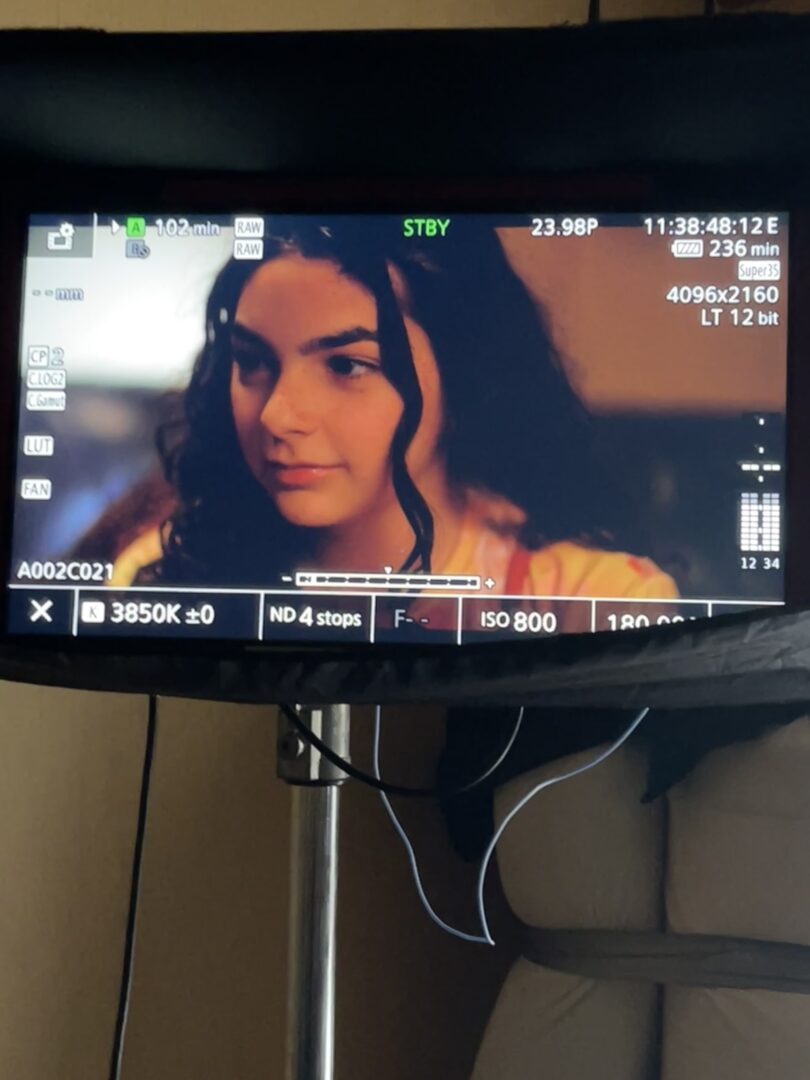
I think I first felt imposter syndrome when I started getting opportunities I had dreamed about, Like real auditions, callbacks, and even small roles. Instead of feeling excited, I’d walk into the room thinking, “Why me? Did they really mean to pick me?” I’d compare myself to everyone, their look, their experience, how confident they seemed. Read More>>
Donovan Purvey
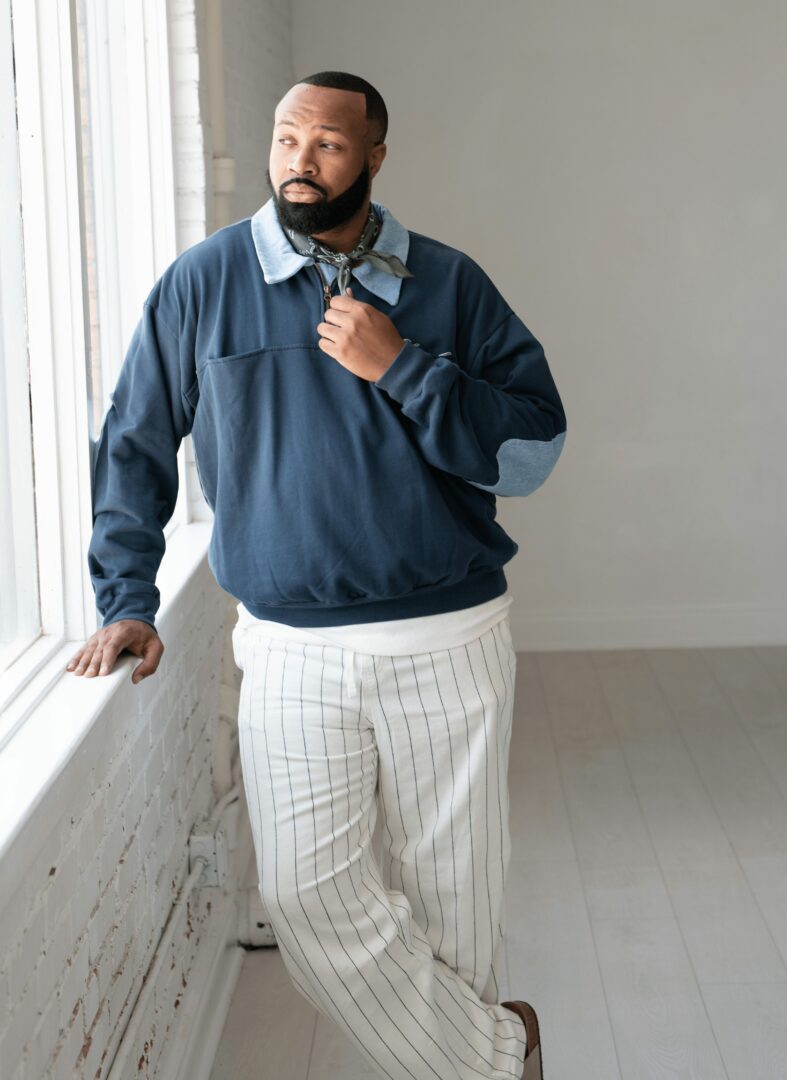
Overcoming imposter syndrome wasn’t quick or easy. It was something I really had to work through, especially early on in my creative journey. At the time, I found myself constantly comparing my work to what I saw online. I was emulating other designers’ styles, not out of admiration alone, but because I wasn’t sure where my own voice fit in. That comparison trap can be damaging and it makes you feel like you’re always behind, never original enough, or somehow not worthy of the space you’re in. Read More>>
Ben

Being the founder and editor-in-chief of a literary magazine while also being fifteen is a delicate duality, especially considering how most of the people who submit to my magazine, Vellichor Literary, are years, oftentimes decades, older than I am. Thus, it is inevitable that at some point, impostor syndrome will sink in. I was hit hardest by it during the submission window for our first issue, which was my first ever professional editorial experience. Read More>>
Kenneth Morris

**From Fifth Ward to the Flightdeck : A Journey of Purpose and Possibility**
I was born and raised in 5th Ward, Houston—a community known more for grit than guidance, where dreams too often get grounded before they can take flight. Growing up, I never had the opportunity to meet anyone in the Aviation, Aerospace or STEM industries, respectively. I never saw anyone who resembled me in the friendly skies. Aviation wasn’t a dream—it was an invisible concept. Read More>>
Noe Camacho

This question hit me hard, because I’m the youngest in a family of 6 siblings, all of my siblings are too good in their jobs. I’m the youngest, so whatever I did for them, it wasn’t enough.
So I grew up with that mentality that I wasn’t really good in whatever.
I love cooking, and more specifically I love bake bread and I don’t know how, but I always could make good bread, that skill with practice and patience it was getting better. Read More>>
Alyssa Saladin
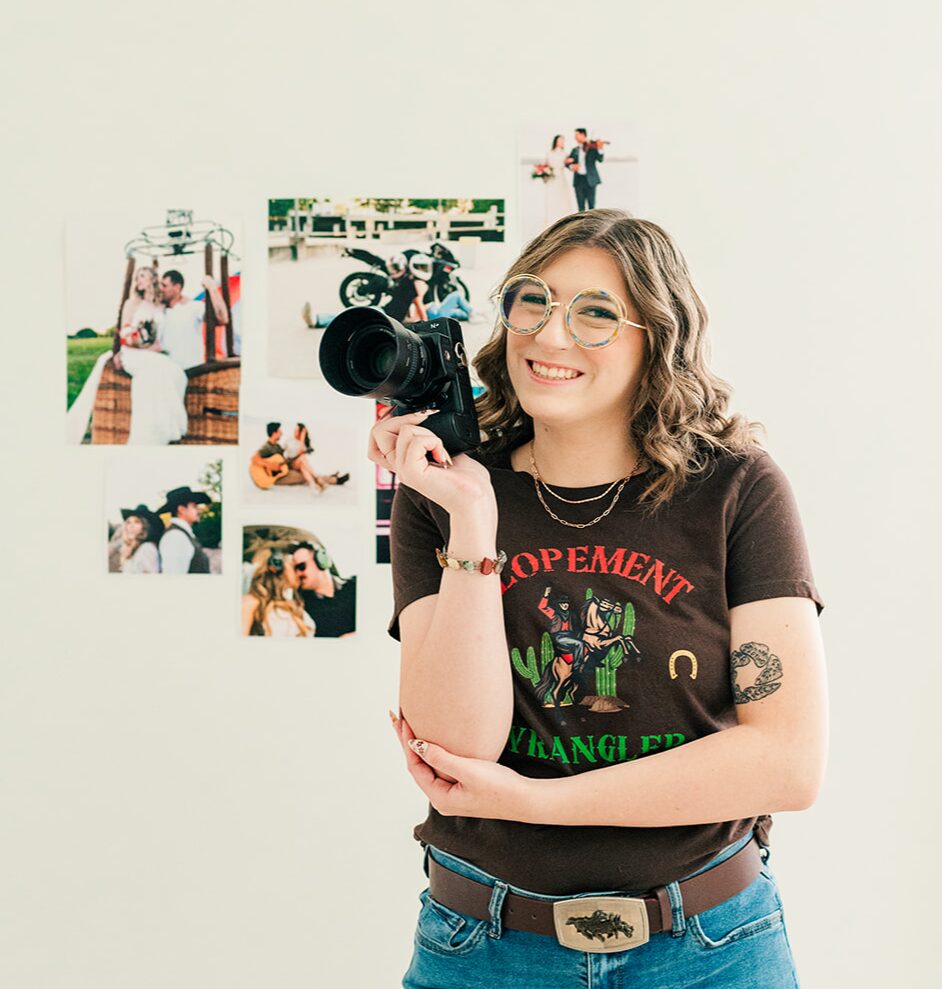
Overcoming imposter syndrome is a decision I have to actively make every day. With how readily available the internet is it’s all too easy to compare and contrast my work/life to everyone else. What I’ve found works for me in this area is to ask myself-
“If 16 year old me saw how much I’ve accomplished would I see growth? would I be proud of how far I’ve come? Read More>>
Jack Garcia
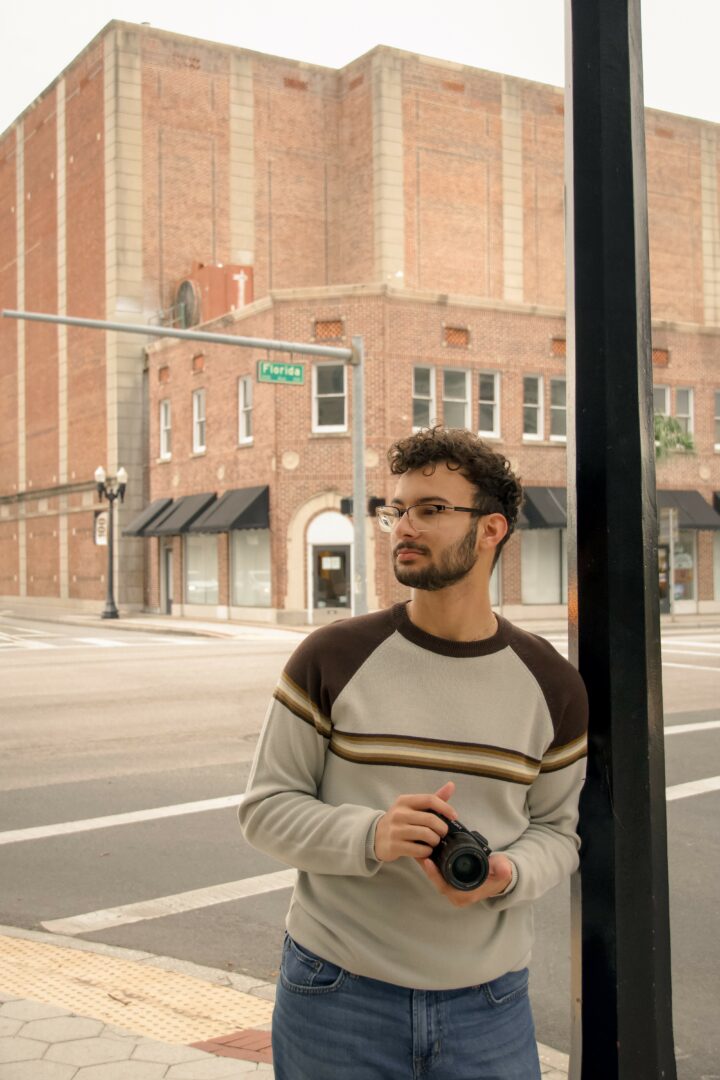
To be honest, I still deal with it. On my way to shoots, I sometimes overthink — worrying I’ll freeze up, my camera will fail, or I won’t have enough pose ideas. But I’ve learned to manage those thoughts by taking a deep breath and getting out of my head. Read More>>
Gabi Zuniga
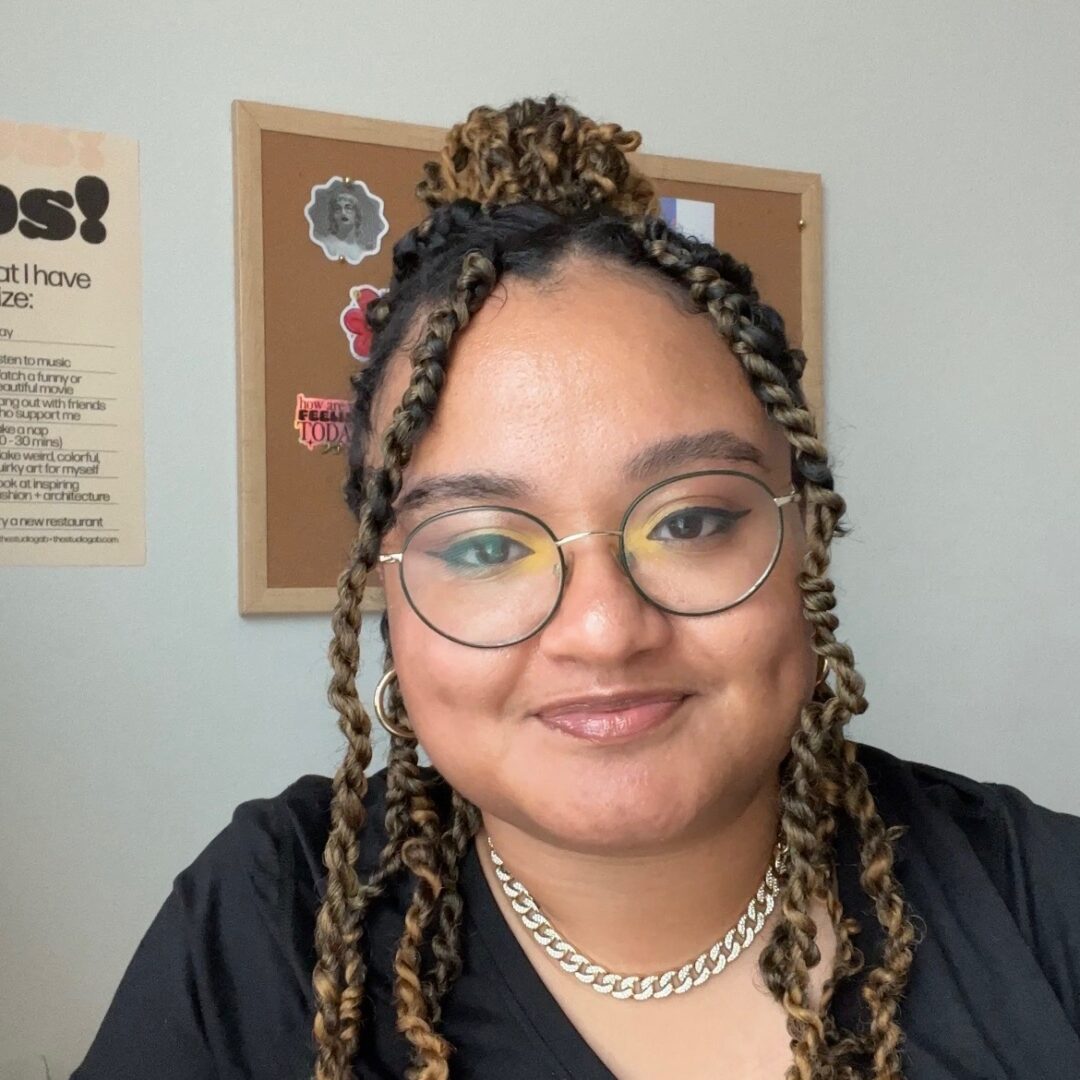
Honestly, I didn’t overcome imposter syndrome with a single mindset shift or a TED Talk moment — it was a long process of doing the work anyway. I used to think imposter syndrome meant I didn’t deserve to be in the room. Over time, I realized it often just meant I was the one doing the most self-reflection in the room. Read More>>
Larry Tuch

Imposter syndrome can take on many forms and I feel that if you don’t have the right mindset then it can be frustrating learning new skills and getting better as you go along. The key is not to compare yourselves with others but create a baseline and compare your current self with your future self. It doesn’t make sense comparing your level 2 with someone else’s level 10. Read More>>
Christy
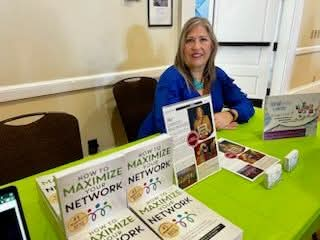
Imposter Syndrome is the lack of belief that you possess the skills, talent and abilities to create your own successes despite evidence to the contrary. It’s the mistaken thought that it’s all luck not you an, for some, a fear of being found to be someone different. I have always worked super hard since I was 14 years old – I had 3 part-time jobs while attending school. And so began a long journey of feeling like I had to prove myself to everyone around me. I had many successes by society’s standards but always had that self doubt or feeling of “I have to do more.” Read More>>
Jeff Hans

Every author I’ve ever met has told me stories of struggling with writers block. Likewise, every musician I’ve ever met has told me stories of imposter syndrome. I think it’s a huge piece of the human experience that has yet to be taught well enough. Maybe it’s a wholly American thing, but when I was young, I was only taught what to do if you lose. Read More>>
Kelly Fisher
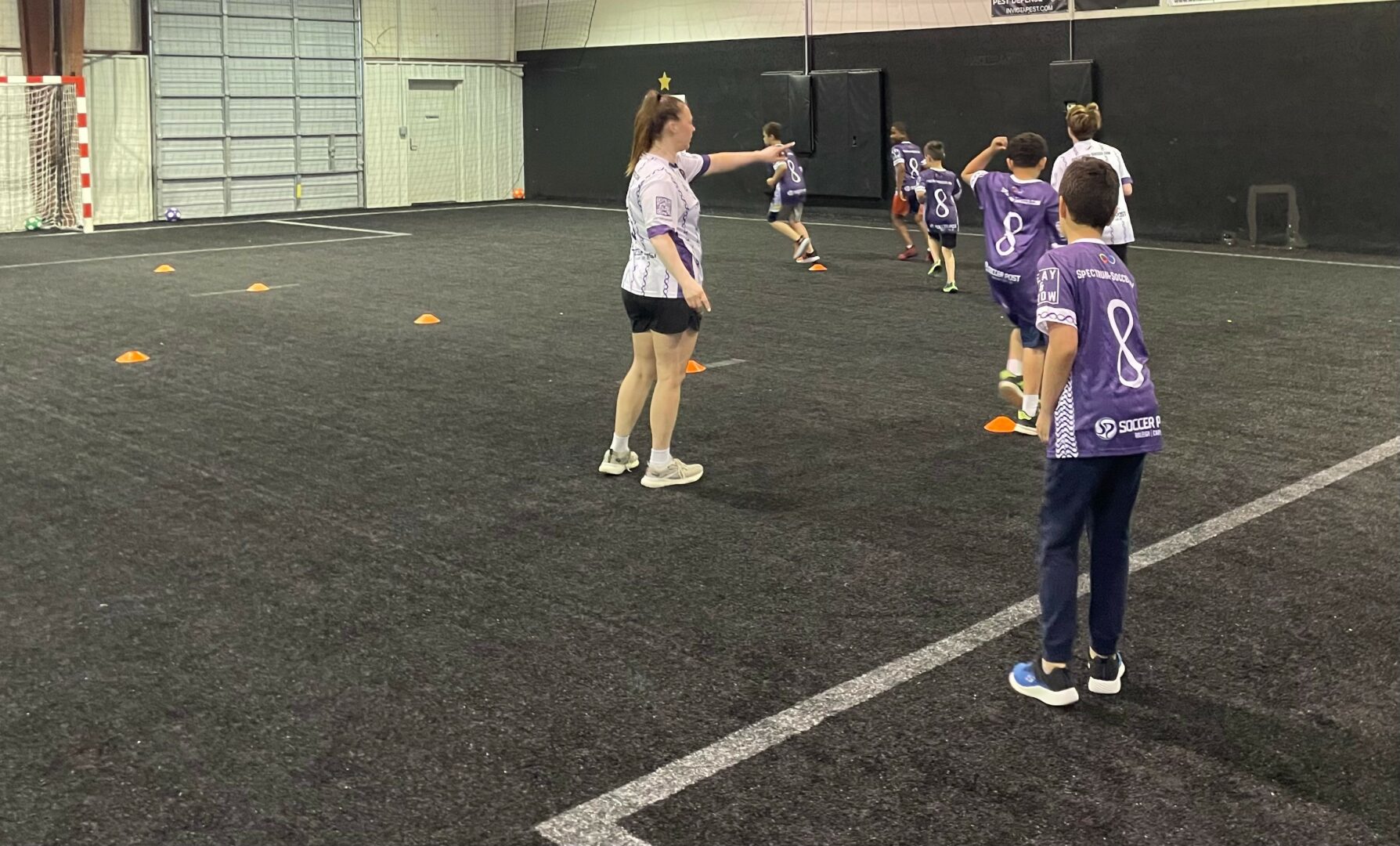
I’ve never truly felt like I belonged at the table. That quiet voice of imposter syndrome followed me everywhere—whispering doubts, making me question my worth. But one quote changed everything for me: “In business, no one knows what they are doing—but it’s the ones who stay consistent and figure it out that are successful.” It reframed everything. Read More>>
Ashley Falzone

I have had my salon for just under five years now, and I had impostors syndrome up until a year ago. I have been ridiculously busy with every aspect of running a salon that it took many small moments that reminded me-I actually do run a hair salon, and yes-it’s successful. Since opening the salon there has been an immense amount of commitment to building an online presence, ensuring all my staff are busy and content, and that clients love their experience. Read More>>
Susan Righter

I’m not sure you ever really overcome the feeling of being an imposter, especially when you’re a creative entrepreneur. By nature, a creative person is always thinking of new and different ways of doing things. In and of itself, that sets up a cycle of feeling like an imposter until there is a sense of mastery over the new skillset. One of the ways I’ve dealt with imposter syndrome is to realize that there is always someone ahead of me and always someone behind me. Read More>>
Canessa Thomas
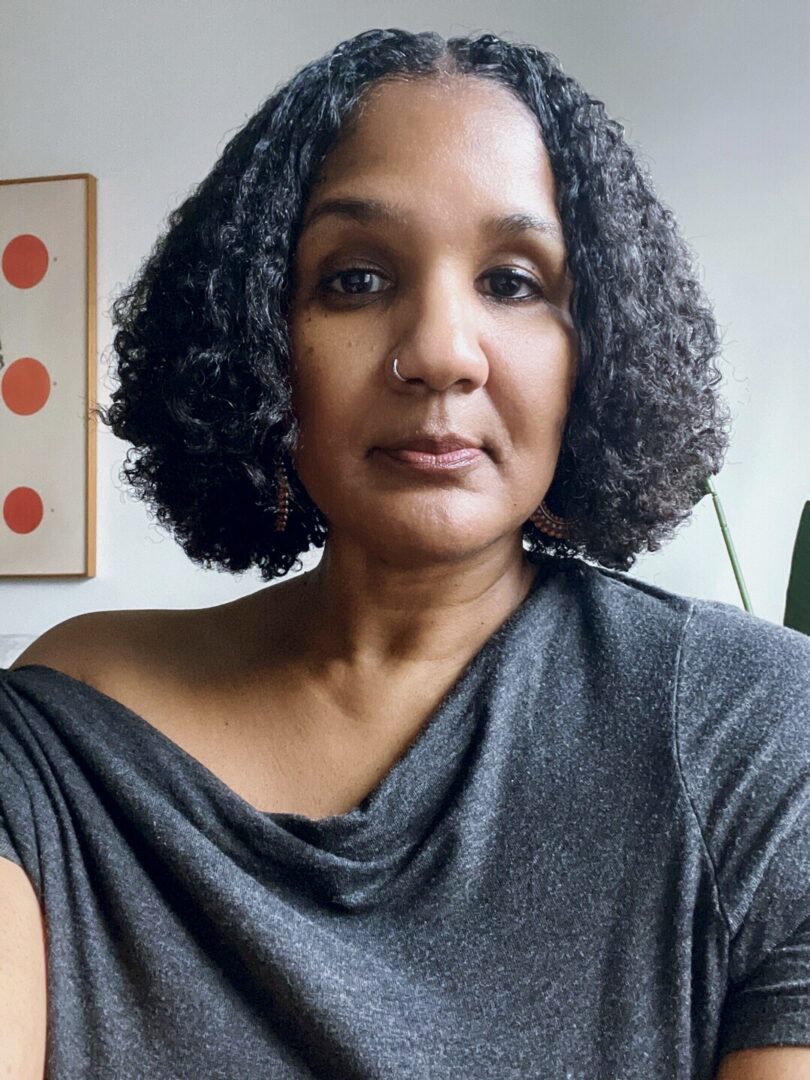
I overcame imposter syndrome by continuing to show up—even when I questioned my place in the art world. I kept creating and sharing my work. What began as therapy—an outlet for what I couldn’t put into words—became a journey of healing, expression, and self-trust. Read More>>
Vladislava Lebedeva

To be honest, my journey with imposter syndrome started the moment I asked myself one simple question.
When thoughts like “I just got lucky” or “I don’t deserve this” come up, I pause for a second and ask:
“Do I actually have real proof that I’m not good enough? Or is this just fear talking?”
Having that quick inner conversation usually brings everything back into perspective. Read More>>
Marques Harris
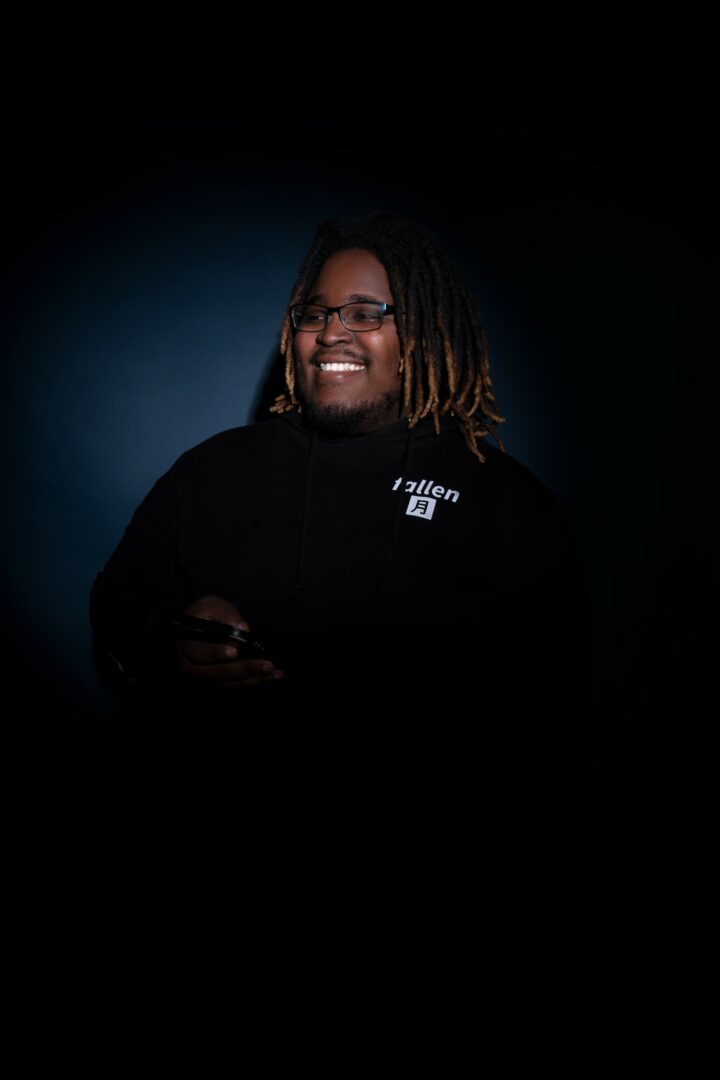
In today’s social media-driven era, it can often feel like if we’re not exactly where we think we should be, we’re falling behind. I’ve definitely felt that pressure myself. But over time, I’ve learned to stay grounded by being authentic and focusing on my own path rather than comparing my progress to others. Everyone’s journey is different, and it’s important to embrace the process without becoming consumed by the end result. Read More>>
Madi White

Well, does anyone really overcome it completely? Imposter syndrome is like a gremlin in your ear, just waiting to hear the right thing and twist it into an attack on your competence and belonging. I don’t think any of us truly slay the beast in this regard, but what has worked for me personally is befriending it. Read More>>
Alicia Zamora
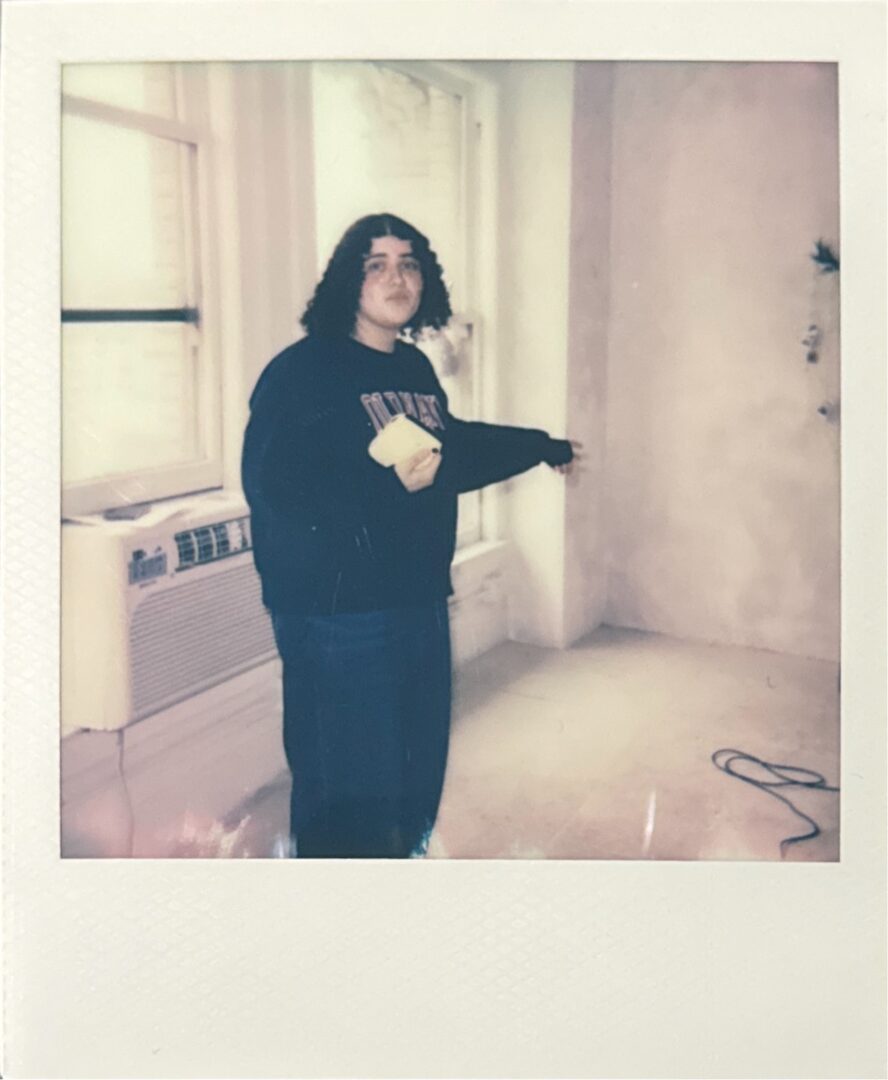
Honestly, I don’t think I’ve overcome it yet—and I’m learning that maybe it’s not something you completely “get over,” but more something you learn to live with and push through. I really love this question though, because it gives me the chance to be honest about something that a lot of us deal with but don’t always talk about. For me, imposter syndrome comes and goes. Some days I feel confident and grounded in what I’m doing, and other days I feel like I’m just pretending—like I’m not qualified to take up the space I’m in. I remember struggling with it a lot during my freshman year of college. I was still trying to figure out who I was and what I wanted to do. Read More>>
Daphne Parker
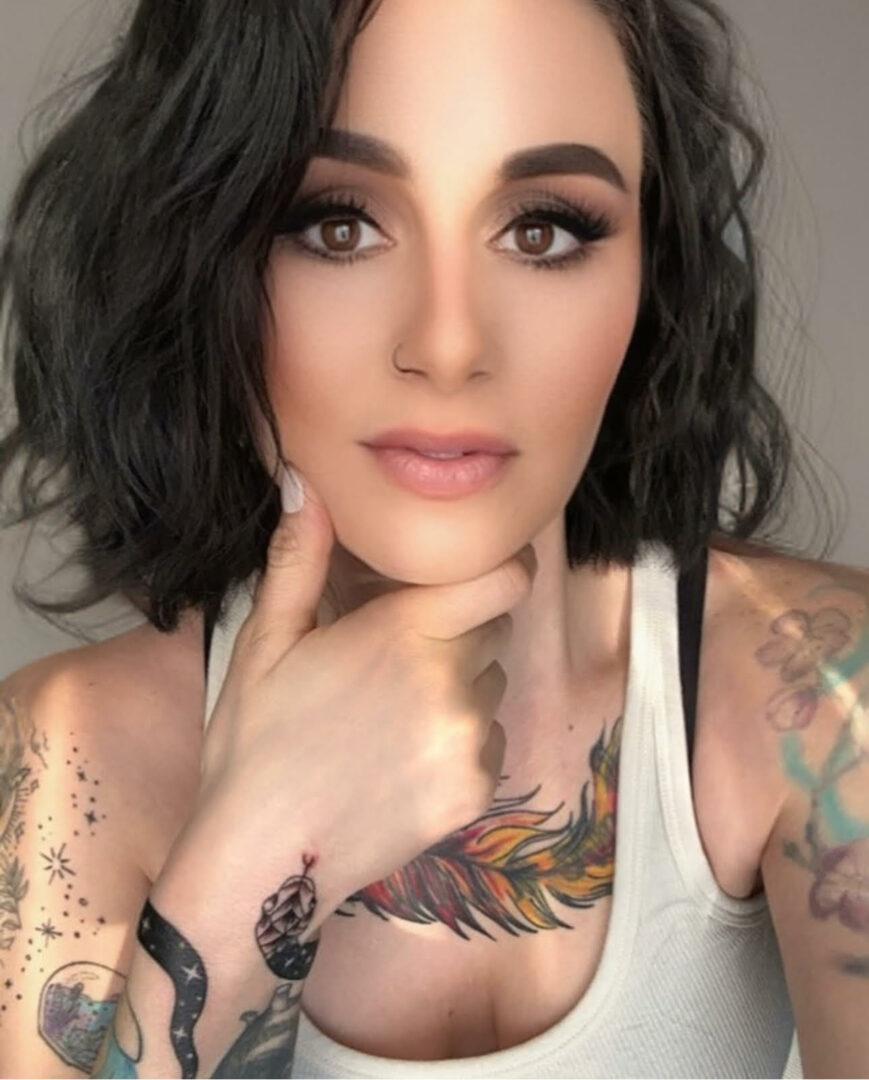
I don’t believe you ever truly “overcome” imposter syndrome. Instead, you learn how to manage it, how to quiet the voice that says you’re not enough. For me, a little self-doubt keeps me grounded. It pushes me to keep growing, to never settle. But I’ve also learned that comparison is the fastest way to stifle your own creativity. The more we measure ourselves against others, the more we lose sight of what makes our voice unique. Staying connected to why I started writing in the first place. That’s what keeps me going, even on the hard days. Read More>>
Tara Block
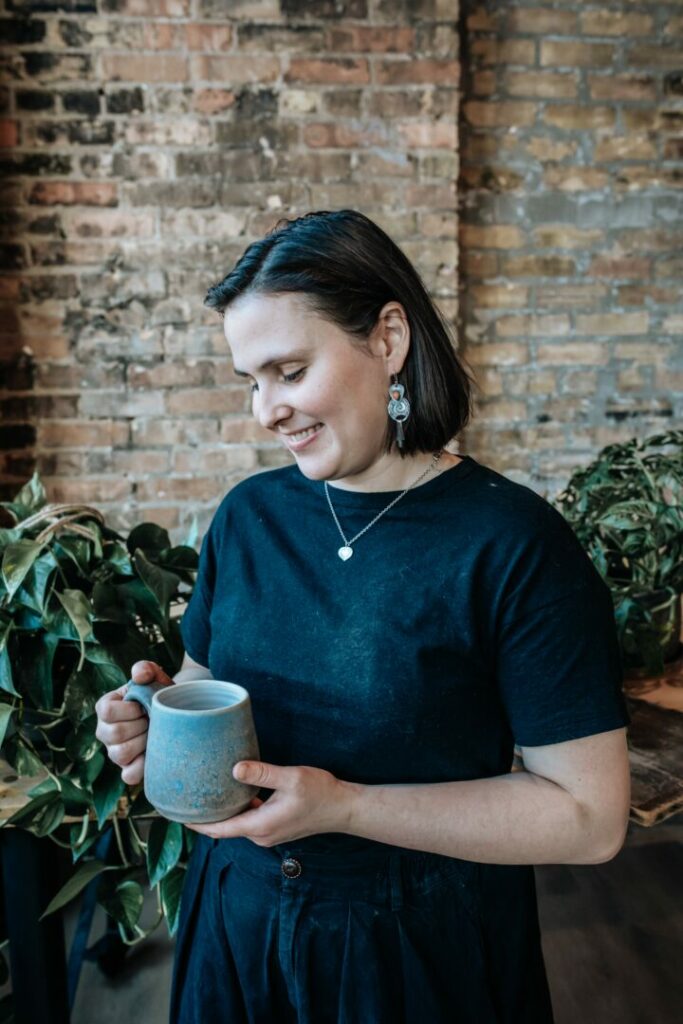
Bit by bit, and sometimes not at all. Honestly, throughout the whole inspiration, creation, design, and build-out of the business, I felt like I was drawing with crayons. Not that there’s anything wrong with crayons; crayons are great. But it felt like I was drawing stick figures with crayons and handing them to accountants, lawyers, and grown-ups and saying, “Here, take this seriously?” Read More>>
Jennifer Cleaver

Overcoming imposter syndrome has been more about learning to coexist with it than making it just disappear completely. Early on in my business, I often questioned whether my work was ‘good enough’ or if I truly deserved the recognition I received. But I realized that those doubts came from caring deeply about what I create—and that’s not a weakness, it’s a strength. Read More>>
Hayley Kenner
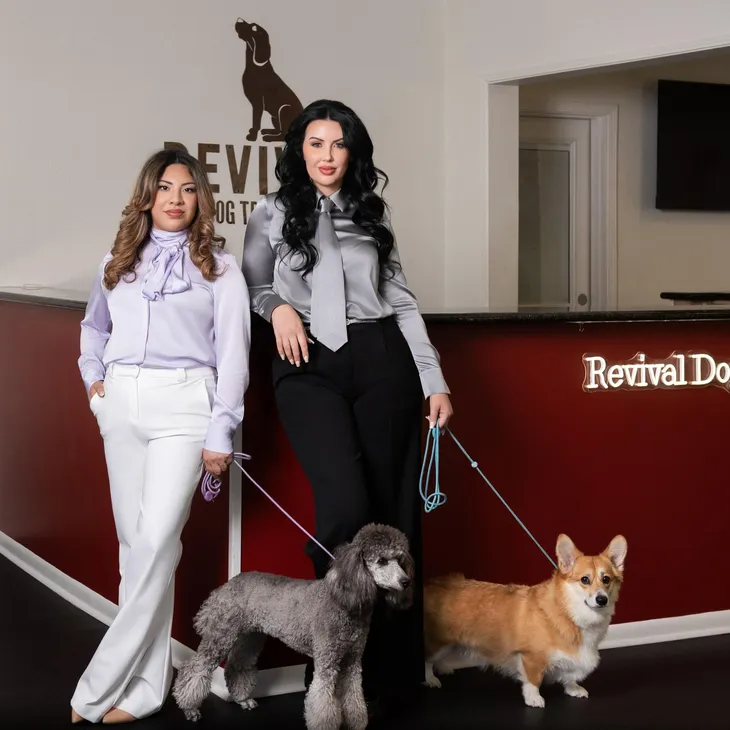
I think imposter syndrome showed up a lot in the beginning when we were just starting out. It’s all about challenging and reframing that negative self-talk. I also think that confidence comes after action, not before, so after some wins it became easier to believe that we were who we said we were. It became easier to trust in our own abilities. Read More>>
Yolanda Hunter
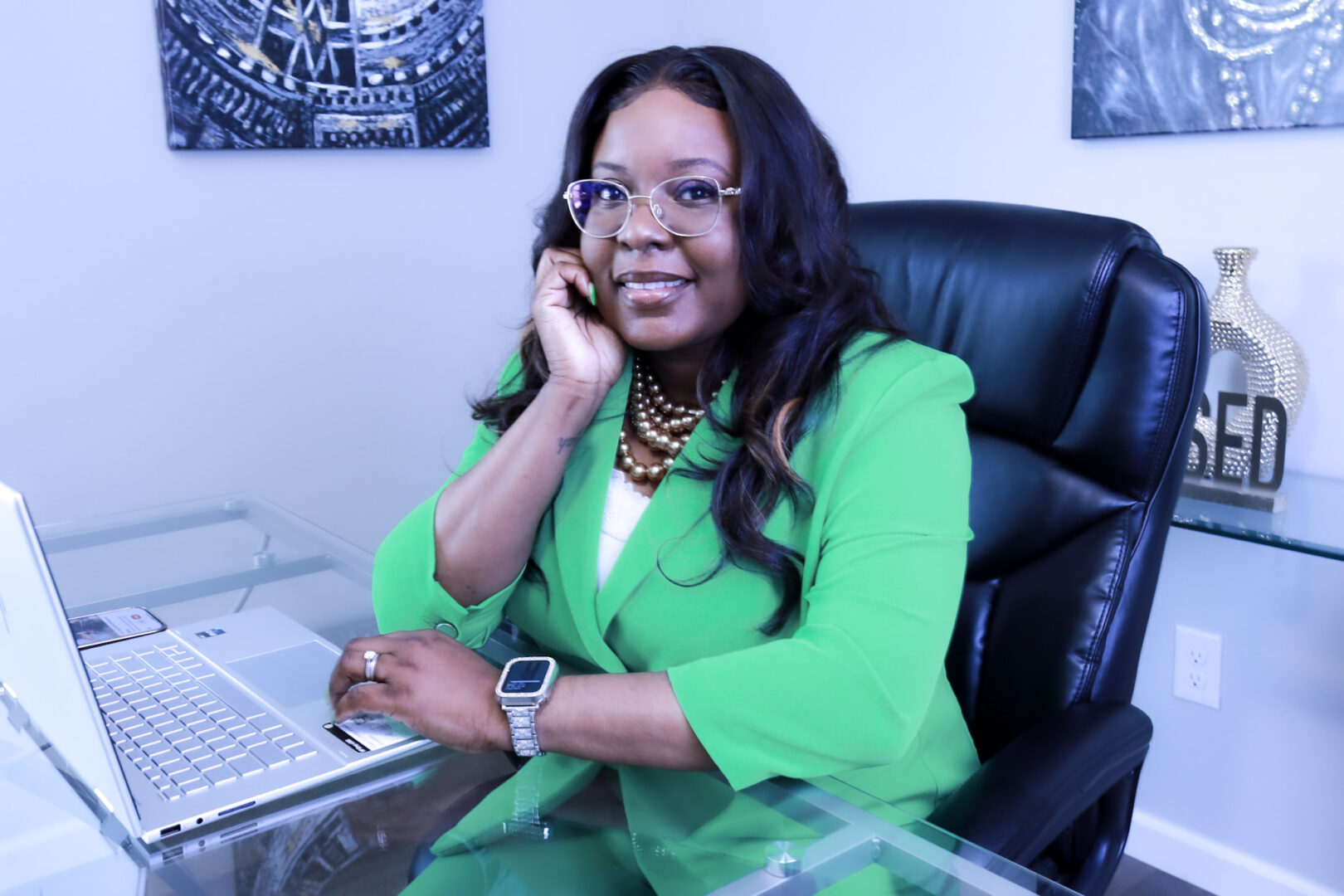
Honestly, imposter syndrome is something I think every entrepreneur faces at some point and it doesn’t magically disappear overnight. For me, overcoming it started with accepting that feeling uncertain doesn’t mean you’re unqualified.
I reminded myself of the results I’ve gotten for my clients and the real impact I make. I leaned into my faith, my expertise, and my community. I stopped comparing my behind-the-scenes to someone else’s highlight reel. Read More>>
Jai Wilson

I Had this for quite a while. I slowly but surely overcame it, a lot of people would say I’m “famous” and I never once agreed, quite frankly I still don’t, but people I talk to and/or who see me kinda continued to mention it as I have friends who don’t do the same as me and it eventually hit me one day when I seen how many people do actually know me. And the fact I have done some big things in such little time made me realise maybe this is my placement and this is where I’m ment to be. Read More>>
Lauren Lesley
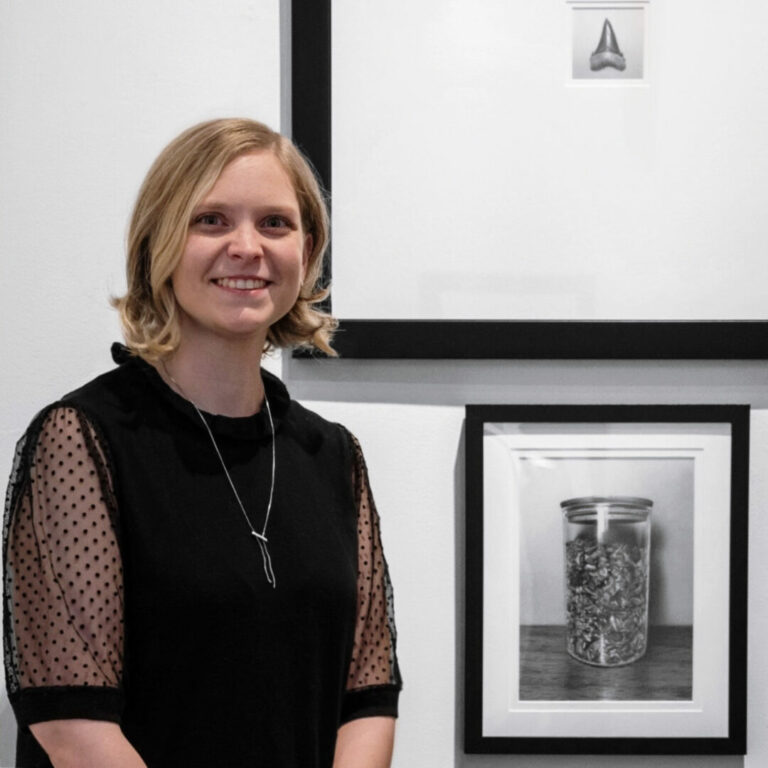
I don’t think I’ve fully overcome it, but I’ve worked hard to understand where those feelings come from and how to manage them in a healthier way. I started taking art seriously before I even reached middle school, and around age 11 or 12, I began receiving a lot of encouragement from my family and a private art teacher which fueled my passion further. Around that same time, I began sharing my drawings online through an Instagram account that quickly grew a large following. As a child, I didn’t fully understand how to process attention or criticism in a healthy way. Read More>>
Sebastian Gaines

After attending three different schools in three years, switching school districts entering high school, and being a part of the ten percent of ‘out of staters’ at a university of fifty thousand students, being an ‘imposter’ is nothing new to me. I have learned to embrace being in a new environment after constantly finding myself being the “new kid” throughout most of my life. Aside from socially, Imposter syndrome in an academic and professional setting is a real feeling that I believe everyone experiences to some degree. Read More>>
Cat Palmer

I’m not sure I ever fully do — and honestly, I’ve come to accept that it might always be there to some degree. No matter how many awards I receive, how many articles I write, or how many years I’ve spent on TV, that quiet doubt still finds a way in sometimes. What’s helped me is shifting my focus away from trying to prove myself or worrying about others’ opinions. There will always be people who don’t like what I do, and that’s okay. Read More>>
Helaine
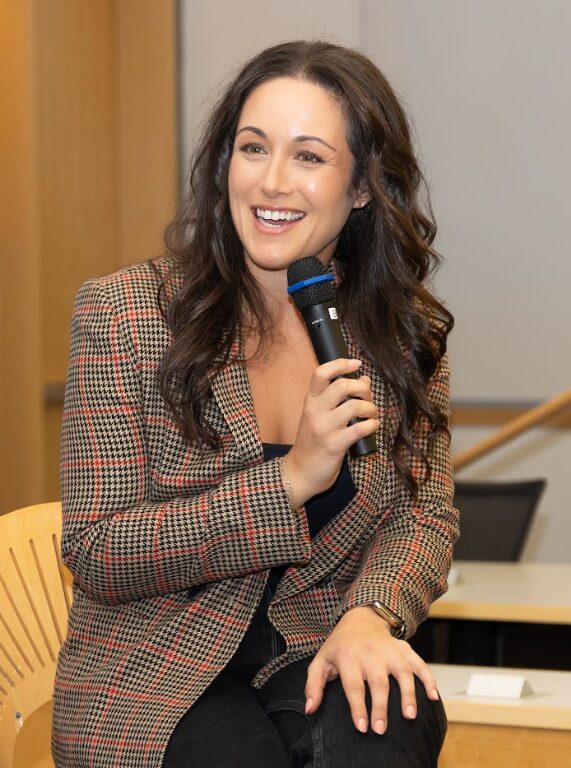
Here’s what I learned: impostor syndrome isn’t something you overcome once, it’s something you work through by taking action despite the fear, conquering that fear over and over again.
Impostor syndrome hit me hard when I was building CITYROW. Here I was, not only a tech person trying to break into the fitness industry with zero experience, but also someone who had struggled with body image issues my whole life. I was a shy, chubby kid. I was constantly asking myself: “Am I good enough? Am I capable of this? I have no experience here.” Read More>>
Miranda Hayek

When I’m feeling like an “imposter” it is usually a result of me straying too far or not understanding who I really am and too often it comes from comparing my behind-the-scenes to everyone else’s highlight reels.
And although it is completely normal to have that “little voice” of doubt …we all do. I believe what matters most is how I choose to respond to it. Read More>>
Kaylei Hall
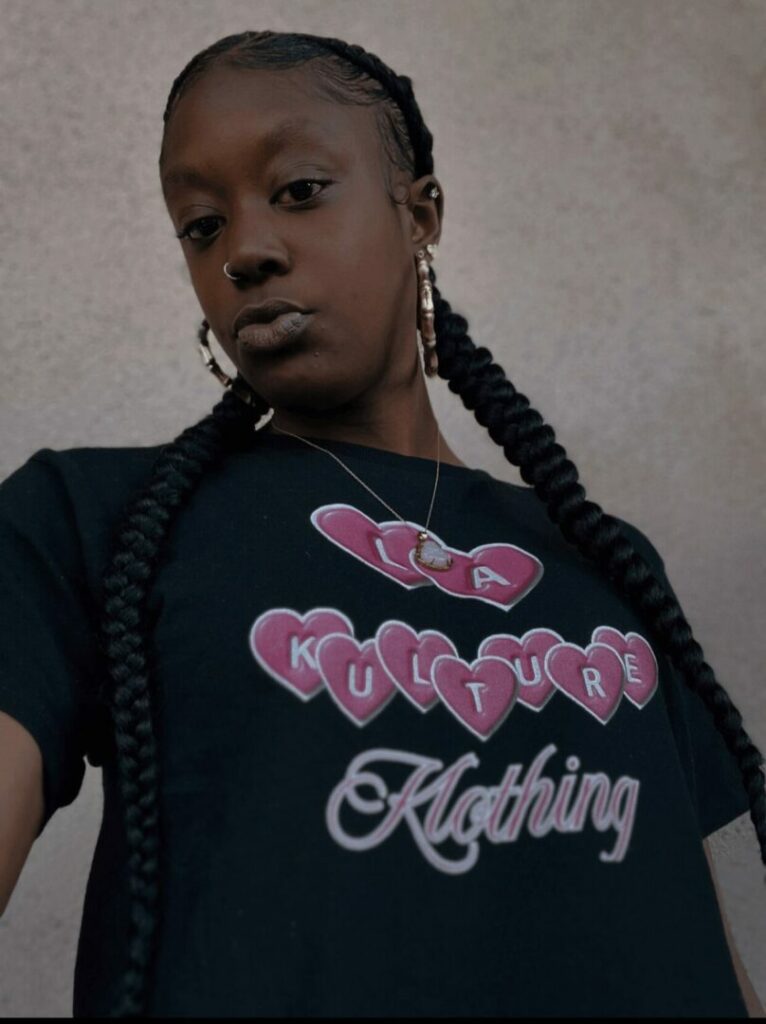
I remember watching my peers pick their college majors most gravitated toward medicine or law. It seemed like everyone around me, family included, rushed into the medical field. At first, I wanted to be a Registered Nurse, but the more I saw people pursuing medicine. Some even cutting corners to get there, the more I questioned my own path. Was this truly my passion, or just a mold I was trying to squeeze into? The harder I forced it, the louder my gut screamed: “This isn’t you.” Read More>>
Jackie Birch

I’d be lying if I said I am completely over imposter syndrome. When creating something bigger than yourself, it’s only natural to feel out of your comfort zone.
Overcoming imposter syndrome involves adopting healthy self-care practices. This includes building self-esteem and recognizing your worth. It becomes possible to overcome imposter syndrome when you acknowledge how hard you’ve worked to get to where you are and maintain a vision that is bigger than yourself. Read More>>










